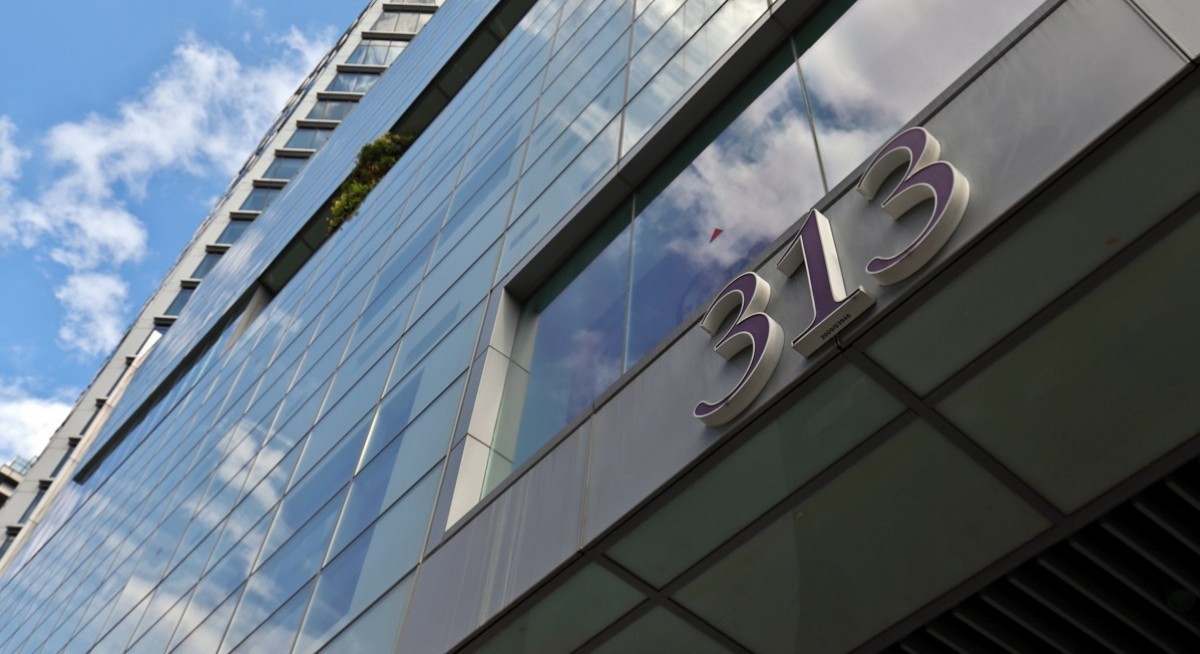He sees that this could go towards a potential AEI to unlock around 10,200 square feet (sq ft) of untapped gross floor area (GFA) at 313@somerset, which he estimates will take a capital expenditure (capex) of $4 million to $5 million and incremental net property income (NPI) of around $800,000.
The other possible option, Lee notes, is a potential acquisition, which is “likelier to come” from the REIT’s sponsor, Lendlease Group’s pipeline over third-parties. This is due to “LREIT's history of acquiring from Lendlease Group”, the group’s sizable pipeline and the tighter pricing of third-party assets.
Lee writes: “We estimate Lendlease Group's Singapore pipeline is worth around $8.7 billion, split between office and retail and we think retail suits LREIT better given higher yield and its significant Singapore retail exposure.”
Should LREIT buy Lendlease Group’s 30% stake in Paya Lebar Quarter (PLQ) mall with 100% debt at a 4.5% yield and its maintained gearing of around 40%, he estimates an FY2025 pro-forma dividend per unit (DPU) accretion of about 4% without tax transparency and 5% with.
See also: StarHub’s weak FY2026 guidance leads DBS to review call while Morningstar flags overvaluation
“We estimate any stake above 30% needs equity to keep gearing at 40%, which reduces DPU accretion to 1% to 3% depending on equity amount,” writes Lee.
On Singapore’s retail outlook, Lee continues to like the sector given the limited supply, stable retail sales and solid occupancies.
He adds: “While retail reversion should slow to 5% in FY2026, occupancy should remain strong on resilient leasing demand. Somerset precinct's ongoing rejuvenation, helped by upcoming completions of LREIT's multifunctional event space, Scape's AEI and NoMad Hotel, should mitigate weaker tourism recovery.”
See also: IFAST share price dips despite strong earnings 4QFY2025 announcement; DBS maintains ‘buy’ at $12
Key upside risks noted by Lee include higher-than-expected rental rates on the back of stronger-than-anticipated economic growth or asset enhancement initiative, a reduction in borrowing costs and higher-than-projected DPU and net asset value (NAV) accretion from new acquisitions.
Conversely, key downside risks to his investment thesis which could impede the shares from reaching his target price include any sharp decline in economic activity which could reduce demand for retail space, thus affecting LREIT's retail occupancy and rents, as well as its DPU and valuations, a sharper-than-expected spike in interest rates would lead to higher financing costs and cap rates and the risk of overpaying for future acquisitions.
Units in Lendlease Global Commercial REIT closed 0.5 cents lower or 0.84% down at 59 cents on Aug 26.




